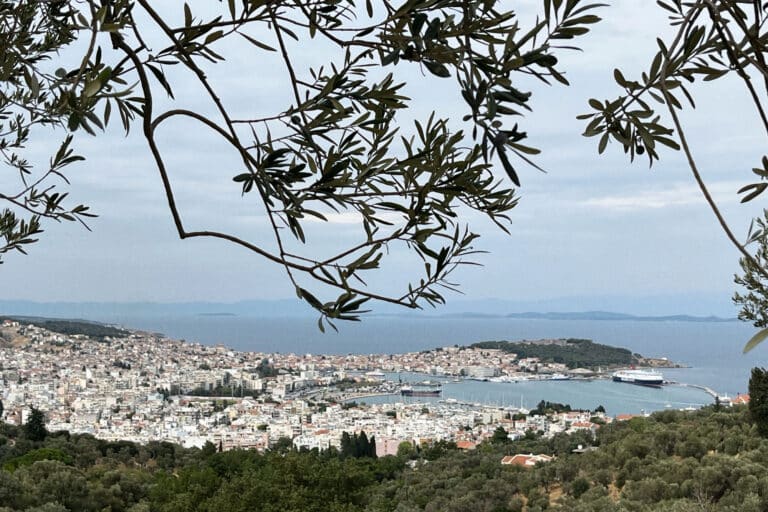CPTnet
31 July 2017
PALESTINE: What would you risk for
peace?
by Rachelle Friesen
In
April 2017, more than 1,600 Palestinian political prisoners went on a hunger
strike. As I write this article, strikers have refused food and have been
drinking only salt water for the last 31 days. They are protesting being held
without charge or trial, medical negligence, poor treatment and the lack of
family visits. The strikers are putting their bodies at risk to nonviolently
protest their treatment; many are experiencing severe fatigue, malnutrition and
dizziness.
Throughout
Palestine, people are rising up in support of the hunger strike. Nonviolent
resistance to the policies of occupation are not new. When I lived and worked
in Palestine with Mennonite Central Committee, part of my job was to accompany
and support the nonviolent resistance. Every week, activists would protest
against the separation barrier in various villages around the West Bank, and
every week those same activists were faced with violent repression from the
Israeli military, who used tear gas, sound bombs, rubber-coated-steel bullets,
live ammunition and beatings by soldiers.
While
putting their bodies in danger, they also risked arrest. At the Nakba
demonstration in 2015, Mazzen Al Azzah, a friend and nonviolent activist, was
arrested. When he was released, it was on the condition that he would not
attend any more demonstrations. When I asked him what he was going to do, his
response was, “I will go. I am not afraid. This is part of the struggle.”

Martin
Luther King Jr. wrote that nonviolent resistance takes “suffering, struggle and
sacrifice.” Every day I see both Palestinian and Israeli activists live out
these three pillars, facing not only imprisonment and death threats but the
loss of their very lives.
It is
this nonviolence that is supported in the 2016 Mennonite Church Canada
Resolution on Palestine and Israel. Yet, while we expect Palestinians and
Israelis to take a nonviolent approach to the struggle, I wonder, are we, as
Mennonites, willing to do the same?
Are we
willing to be called names? Are we willing to lose funding and donations? Are
we willing to be isolated within various communities? Are we willing to be
denied entry and lose access to space?
One
has to admit that these are still very small risks compared to what
Palestinians face. But it is hardly ethical to place that expectation on others
and not place it on ourselves first.
So I offer this challenge: Are you willing to take the risk and be nonviolent?
The
time has come to take up the call of boycott, divestment and sanctions (BDS)
unapologetically. This support means not only condemning the settlements or the
occupation; it means the entire BDS framework of liberation is adopted,
including:
Ending
the colonization of all Arab lands and dismantling the wall.
Implementation
of “right of return” for Palestinian refugees.
Ending
the racial discrimination against Palestinian citizens of Israel.
The
framework and narrative for nonviolent resistance has already been created by
Palestinian activists who
know the path towards liberation. The question remains: Are Mennonites willing
to join?



